[Video] Lee Hsien Loong: Adjusting to a bigger, more powerful China
Singapore Senior Minister (SM) Lee Hsien Loong sat down for a fireside chat at Business China’s FutureChina Global Forum 2024 on 18 October. In the discussion and QnA moderated by Lee Huay Leng, editor-in-chief of Chinese Media Group, SPH Media, SM Lee discussed China’s economy, the process of China and the world re-adjusting to each other, and China’s relationships with the US and Singapore.
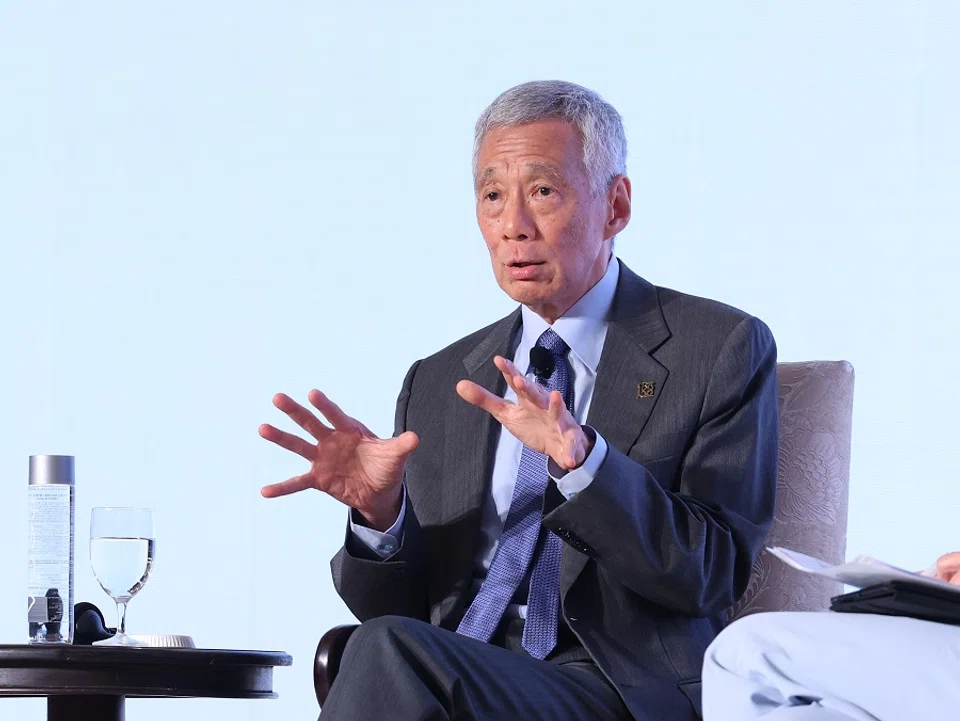
(Reporting by James Loo and Yi Jina)
China’s current global heft, influence and impact demand a reassessment of existing international accommodations and rules, established when China was a smaller player. During a fireside chat at Business China’s FutureChina Global Forum 2024, Singapore Senior Minister (SM) Lee Hsien Loong emphasised that both China and the world needed to make adjustments, and that there was a need for “high-level statesmanship” to navigate a new equilibrium.
In the closing session of the forum on 18 October moderated by Lee Huay Leng, editor-in-chief of Chinese Media Group, SPH Media, SM Lee also discussed the Chinese economy and China’s relationships with the US and Singapore.
China’s position in the world
SM Lee attributed Western pressure on China to the latter’s dramatic transformation. From a negligible global presence in 1978, China now accounts for 20% of the world economy and trade, making its actions, positive or negative, globally impactful. Its rise as a competitor in advanced industries also brings about difficult but crucial global accommodations
Citing examples such as the Belt and Road Initiative, SM Lee noted that China’s multifaceted global engagement has also raised questions of leadership and cooperation: “Who’s number one? Who’s number two? And how can they — or can they — work together?”
China’s challenge is not generalised overcapacity, despite excesses in sectors like steel, electric vehicles (EVs), and solar panels due to state support, but rather its substantial trade surplus, which impacts global economies and manufacturers. — Singapore Senior Minister Lee Hsien Loong
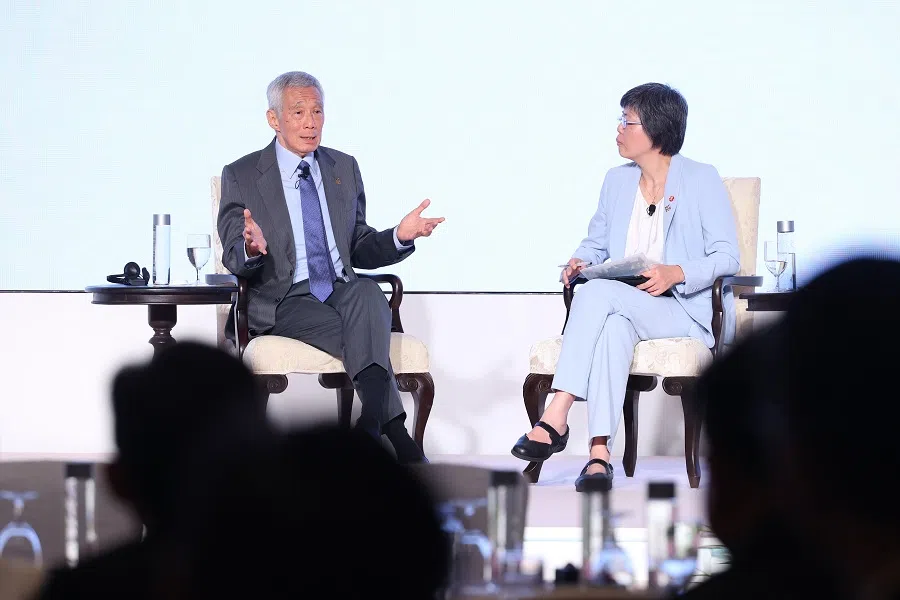
While acknowledging the need for adjustments, he believes the world is “much better off with China as it is today than 30, 40, or even 50 years ago”. He stressed that these adjustments are in both China’s and the world’s best interests.
China’s export surplus
On the topic of overcapacity, SM Lee believes China’s challenge is not generalised overcapacity, despite excesses in sectors like steel, electric vehicles (EVs), and solar panels due to state support, but rather its substantial trade surplus, which impacts global economies and manufacturers.
This surplus, he believes, stems from macroeconomic factors: high savings and low consumption compel China to either invest domestically or export, yet with savings at 40% of GDP, investing entirely within China is unsustainable, especially after overinvestment in sectors like the construction and building industry.
In the longer term, China would need to increase domestic consumption and rebalance its economy externally. SM Lee believes that there would be a need for economic restructuring, including raising incomes for lower-income groups, to restore consumer confidence. He said despite the “dual circulation” strategy aimed at balancing domestic and international markets, progress has been slow. But without resolving these issues, China risks stalling its economic progress.
Slowed economic growth
Regarding China’s recent economic stimulus packages, SM Lee believes that while they may provide support, it is expected for the Chinese economy to grow more slowly at this stage of development. Achieving a sustained 5% growth rate over the next decade would now be considered a success.
Moreover, the Chinese government has shifted its priorities. “Now, economic development is very important, but trumping that is national security, and equaling that at least, is domestic political considerations,” SM Lee noted.
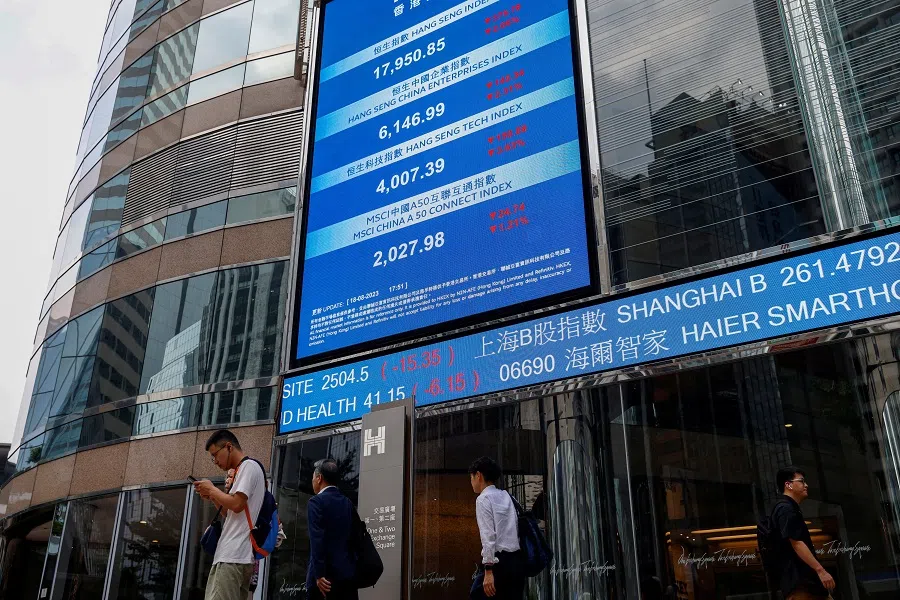
This shift, he explained, is driven by China’s maturing economy, making further transformation harder; a shrinking working-age population limiting natural growth; and a less favourable external environment, marked by US-China tensions, hindering foreign investment and exports.
Moreover, the Chinese government has shifted its priorities. “Now, economic development is very important, but trumping that is national security, and equaling that at least, is domestic political considerations,” SM Lee noted. These considerations have created a more cautious business climate, hampering consumer spending, entrepreneurial ventures and corporate expansion. Despite government reassurances to the private sector, these issues will continue to weigh on the Chinese economy.
China has not peaked
However, SM Lee cautioned against dismissing China, remaining optimistic about its potential. He said China’s recent move to raise the retirement age (currently 55 for women and 60 for men) could significantly boost productivity.
Besides, China’s substantial rural population (35%) represents untapped potential, while its world-class industries like EVs and solar panels demonstrate global competitiveness. Finally, he emphasised the Chinese people’s determination to overcome challenges and continue their nation’s ascent.
Relations between Singapore and China
In response to a question raised by the moderator on “Singapore-washing”, Lee stated that Singapore welcomes reputable companies from around the world to leverage its pro-business environment and global connections.
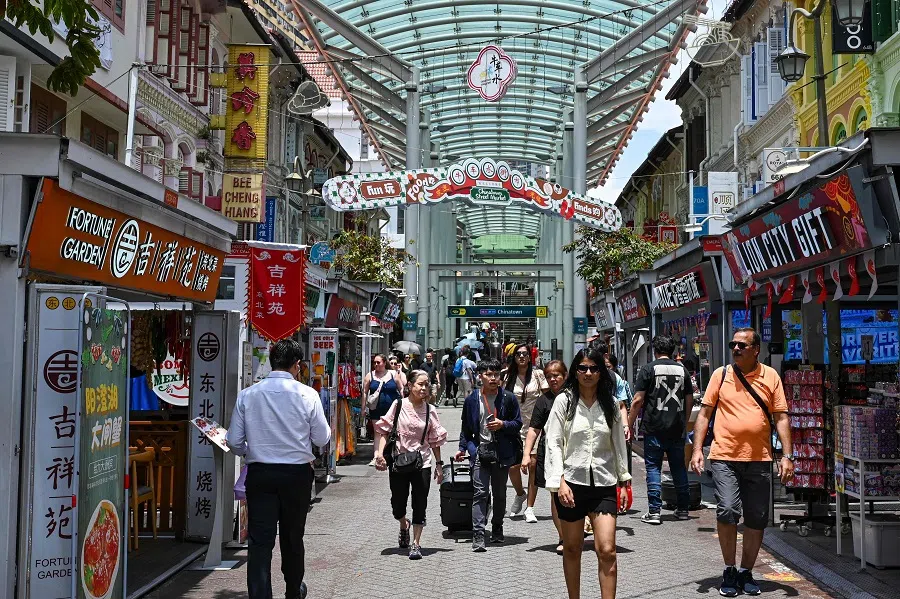
Lee added, “If Chinese companies come and they are good, create jobs, pay well, bring technology and markets — I say come.” He expressed the same sentiment for American, British, and Japanese companies, noting they are all present in Singapore.
Using TikTok as an example, Lee pointed out that while its parent company, ByteDance, is known to be Chinese, and its CEO may be Singaporean, Singaporeans work for companies with diverse ownership, affirming, “On that basis, you are welcome in Singapore.”
On the upcoming US elections
When asked if US-China relations would be easier to manage under either Republican candidate Donald Trump or Democrat candidate Kamala Harris, SM Lee drew laughter by replying that it would be difficult regardless.
... he believes a Harris presidency might offer more predictability, with fewer sudden shocks and less risk of escalation, while a Trump presidency could lead to more abrupt shifts, particularly regarding trade tariffs and alliances.
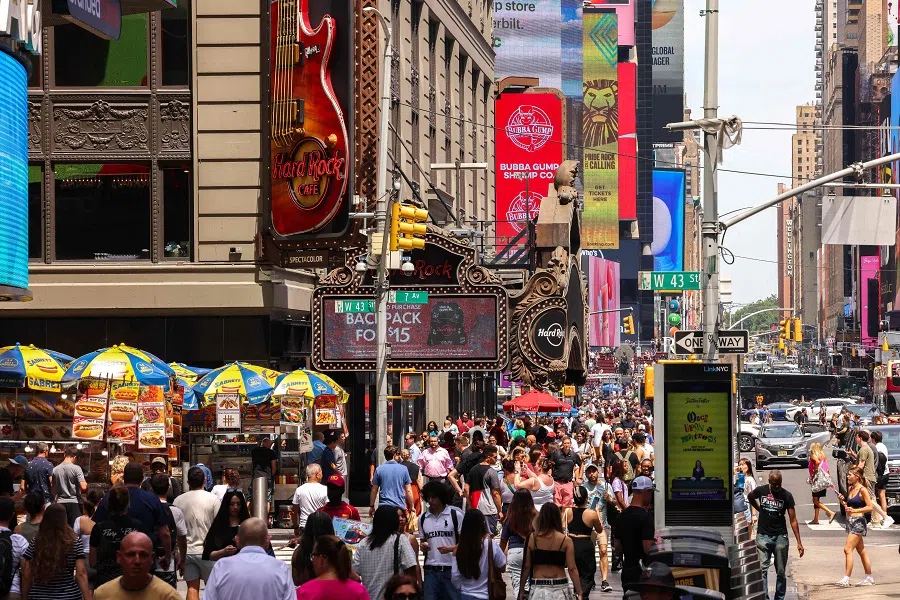
He explained that US-China hostility and tension aren’t personality-driven but rooted in deeply ingrained attitudes on both sides. The US largely views China as a challenger, rival, and even a potential long-term threat, while China perceives the US as determined to prevent its rise to parity. SM Lee noted, “There aren’t many issues where Democrats and Republicans agree, but this is one.”
However, he believes a Harris presidency might offer more predictability, with fewer sudden shocks and less risk of escalation, while a Trump presidency could lead to more abrupt shifts, particularly regarding trade tariffs and alliances.
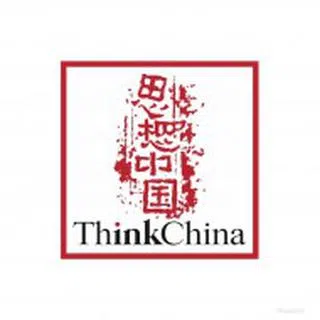
![[Big read] Paying for pleasure: Chinese women indulge in handsome male hosts](https://cassette.sphdigital.com.sg/image/thinkchina/c2cf352c4d2ed7e9531e3525a2bd965a52dc4e85ccc026bc16515baab02389ab)



